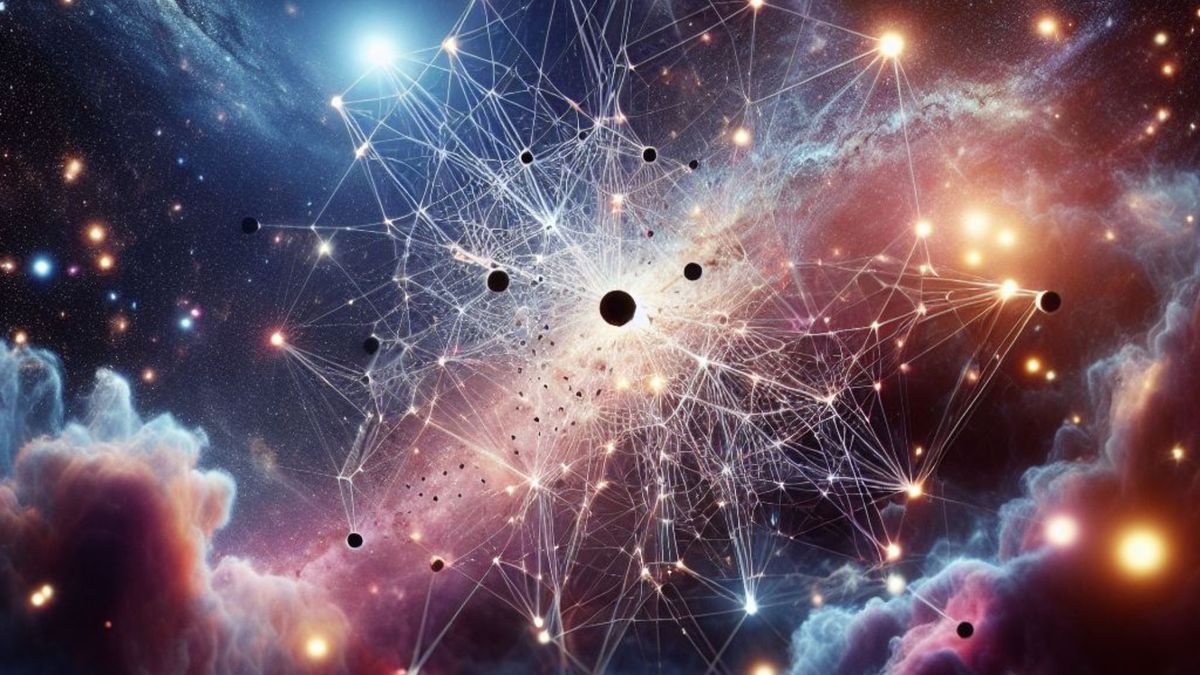Gandalf_The_Grey
Level 82
Thread author
Verified
Honorary Member
Top Poster
Content Creator
Well-known
- Apr 24, 2016
- 7,189
What you need to know
As companies continue putting more effort into AI to improve the technology, scientists have seemingly created a a discovery that might supersede generative AI's capabilities.
- A new study highlights how scientists are potentially on the verge of a breakthrough.
- The new technique dubbed Meta-learning for Compositionality (MLC), has the capability to make generalizations about language.
- Per benchmarks shared, neural networks could potentially outperform AI-powered chatbots like Bing Chat and ChatGPT, which also leverage neural network capabilities.
- When presented with certain tasks, the neural network was able to replicate similar results, whereas the GPT-4 model struggled to accomplish these tasks.
- The study claims that the new design is able to understand and use new words in different settings better than ChatGPT.
Per the report in Nature, scientists refer to the technique as Meta-learning for Compositionality (MLC). They further indicated that it has the capability to make generalizations about language. Moreover, scientists claim that it might be just as good as humans, especially when folding new words and applying them in different settings and contexts, ultimately presenting a life-like experience.
When put to the test and compared to ChatGPT (which leverages neural network technology to understand and generate text based on the user's prompts) the scientists concluded that the technique and humans performed better. This is despite the fact that chatbots like ChatGPT and Bing Chat are able to interact in a human-like manner and serve as AI-powered assistants.
According to Nature's report, there's a huge possibility that the new design could outwit AI-powered chatbots in the long run as it can interact with people more naturally compared to existing systems. Looking back, Microsoft's Bing Chat was spotted hallucinating during the initial days of its launch, though the issue was fixed.
Paul Smolensky, a scientist specializing in language at Johns Hopkins University in Baltimore, Maryland, stated that the technique is a "breakthrough in the ability to train networks to be systematic."

ChatGPT and Bing AI might already be obsolete, according to a new study
Meta-learning for Compositionality (MLC) might give AI-powered chatbots a run for their money.
 www.windowscentral.com
www.windowscentral.com
